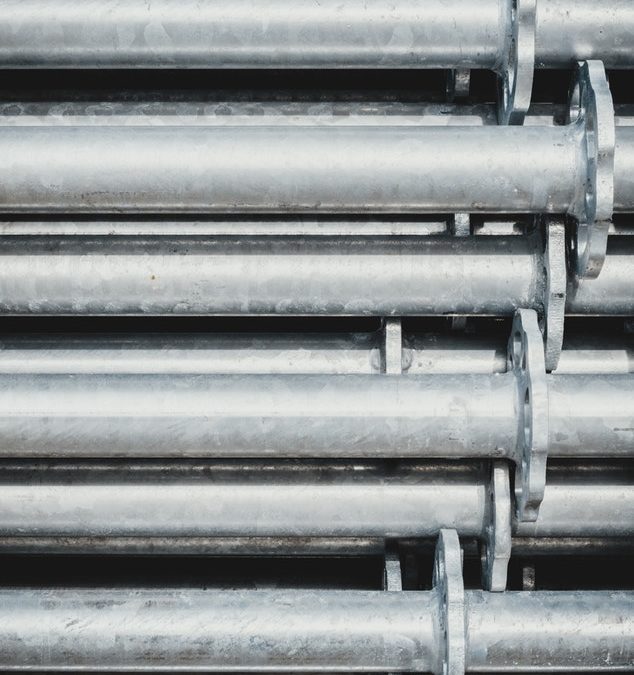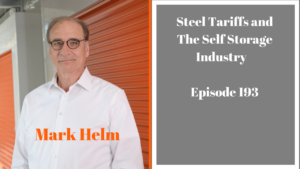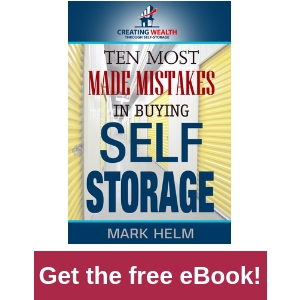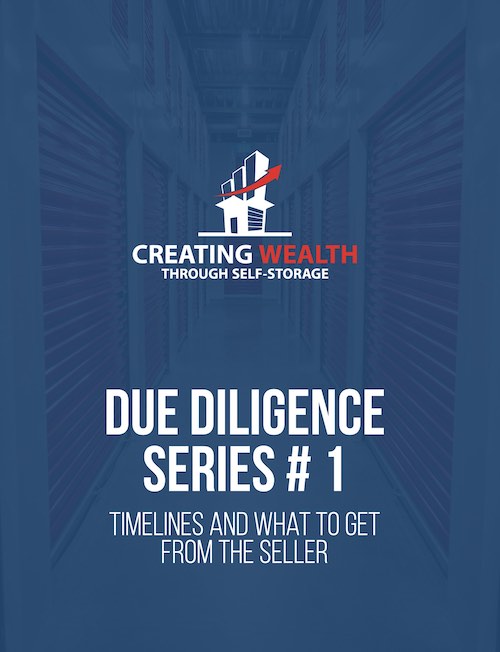I have mentioned numerous times that the cost of construction has increased due to the steel tariffs that the person in the White House put in place last March 2018.
Now no matter what your political beliefs are, how strong you feel, pros or cons about the person in the White House, one thing that is a fact; his protectionist policies in the form of steel tariffs have caused the price of steel to rise, thus cost of self-storage construction has increased.
Let’s take a look at the tariff and see just how it is impacting our business, the business of self-storage.
Not A New Concept
I am reading the book “Carnegie”, a biography about Andrew Carnegie, who was a powerful industrialist in the late 1800’s early 1900’s. He was a founder and an owner in US Steel and had a huge impact on the industrial age of our nation.
He was for a time the wealthiest person in the world. He was a multi-millionaire back when that term meant something (like the billionaires of today).
Guess what one of the major political issues was back in the 1890’s?
That’s right, steel tariffs.
From the early 1870s through the turn of the century or so, the US had a tariff on steel in place. The Republicans were the progressive party in the mid-1800s and their anti-slavery stance was what attracted Carnegie originally.
However, as he grew in power, he helped make sure that the US had a tariff in place so that no foreign company could introduce to our market steel at a cost below his. Carnegie colluded with the few US steel manufactures to ensure that steel cost was very profitable.
Much of the wealth he created was a directly attributed to the tariff and much of the anti-trust legislation was because of him. Now, Andrew Carnegie wasn’t the only industrialist to form “trusts” and “co-operatives” where industry manufacturers agreed on minimum pricing, but he certainly was one of them.
And yes, it was the Republicans back then who kept the tariffs in place for so long.
I find it interesting how history repeats itself and the study of history helps put some context around current day happenings.
The Tariff
What the person in the White House did was put a 25% tax on foreign steel. The stated reason was that this would allow US steel companies, who have higher production cost, compete.
The US steel companies were so high in cost, they could not compete with foreign steel producers.
What happened was the US steel companies were not set up to produce a lot, and when the tariffs hit, it took a while for them to retool and be able to fulfill the orders. Overnight they increased their price by 20%. The US steel companies have really taken advantage of the tariff.
The pricing has fluctuated and been anywhere from 10% to over 30% more for the storage systems that before the tariff came into effect. Also, delivery times increased as steel producers were unable to meet demand levels through most of 2018.
Trump’s own staff and most the then cabinet (remember his cabinet is constantly changing) advised him that protectionist economic policies, like putting tariffs in place, cause more damage than help.
But regardless, he finally imposed it in first quarter 2018.
The irony is that while his administration ran on a platform if creating jobs, according to the Tax Foundation (not a liberal organization), the tariffs will cause employment in the US to decline by 459,816
Overall, the report estimated there would be a loss of sixteen jobs for every job created by increased US steel production.
Impact Self Storage Industry
It has most definitely had an impact on the self-storage industry. The uncertainty around steel prices has many of us not being able to put projects into service and lots of developers are now on the sidelines (not totally and given the amount of increased supply).
Our industry is not the most innovative and progressive one there is. The self-storage fabricators are tooled up for fabricating storage systems in a certain way. Steel.
I have asked many of them if there are some alternatives materials that could be used or some creative solutions we could employ to directly combat the increased cost.
The issue is that they are geared up simply for steel production. They can not, or will not retool for anything else, even if it is out there.
And the US Steel companies are really enjoying the increased profits, at our expense. They earned more than $2.8 billion, up from $714 million in 2016. Operating profits for US Steel companies are up by 38%.
It is us, the users of steel that are paying this.
In today’s world, what we, the self-storage owner’s need to do is to get an actual quote from the storage fabricators as we do our preliminary analysis. No more guessing because of the price changes so fast.
We are also increasing our contingency percentage from 10% to 15% or 20%.
We are also adding about six months more to the timeline before we start getting income from any expansion or new construction planned.
However, according to Wayne Woolsey of Kiwi II Construction, “People are still building. They figure that after all the planning and everything else, it less expensive to push forward that it is to hold off on future projects”.
The bottom line is we are seeing our final construction number going up 15% to 21% in the last six months from pre tariff days.
Now that is just us and how we usually proceed on our expansions. It could be different for you depending on what you create and what part of the country you are in.
Conclusion
So it is harder to make deals work. But that’s OK.
It weeds out many who would have come into the business only if it is easy.
Now, more than ever, you need to know what your yield requirements are. Run the analysis, and if your requirements are met with the higher cost, it is still a deal you can probably do.
I know there is a lot of submarkets that are overbuilt, and I know there are now deals that you can’t do because of the cost of steel; but I promise you, there are submarkets that have more demand than supply.
Your job is to find them and create the supply.
If you do that, you will create True Wealth in this fantastic business of self-storage.




